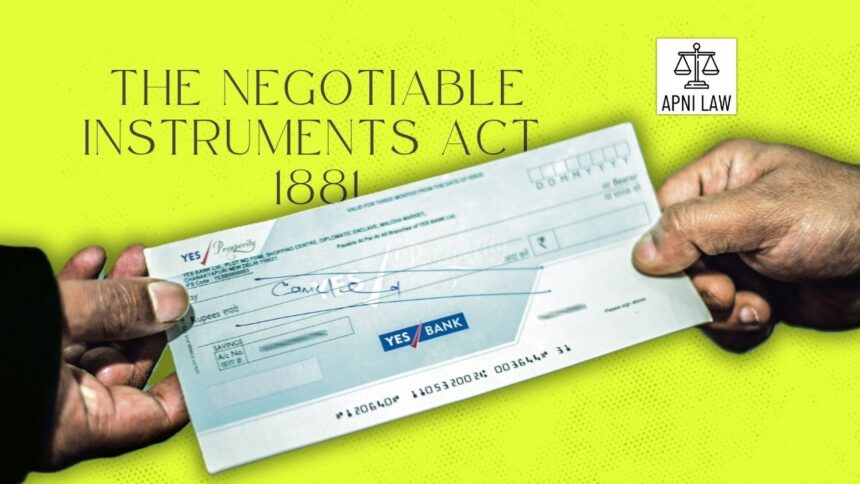Introduction
Section 147 of the Negotiable Instruments Act, 1881 allows parties to settle cheque bounce cases. It makes every offence under the Act compoundable, meaning both parties can agree to resolve the dispute and close the case.
This provision came through the 2002 amendment. It includes a non-obstante clause, giving it power over the Code of Criminal Procedure (CrPC).
What Is Compounding?
Compounding is a legal process where the complainant and accused agree to settle the matter. Once compounded, the court acquits the accused and ends the criminal proceedings.
Can Compounding Happen Anytime?
Yes. Courts have confirmed that compounding is allowed at any stage, during trial, appeal, or even after conviction. The only requirement is mutual consent of the parties involved.
Procedure for Compounding
Both parties must file a joint application before the court. Once satisfied, the court can permit the compounding and close the case.
What Courts Say
The Supreme Court and several High Courts support this liberal approach. The presence of a non-obstante clause shows the law’s clear intent to promote settlements in cheque dishonour cases.
In Damodar S. Prabhu v. Sayed Babalal H. (2010), the Supreme Court issued guidelines on graded costs. These costs depend on when the compounding happens. Early settlement means less cost, and late settlement attracts higher cost. This deters misuse and encourages early resolution.
Does This Overrides CrPC Rules
Section 147 acts as a special provision. It overrides CrPC limitations on compounding because the NI Act is a self-contained code in this context.
Conclusion
Section 147 of the NI Act empowers parties to settle cheque bounce disputes at any stage. It promotes speedy resolution, reduces the burden on courts, and reflects the legislature’s intent to treat these offences as primarily civil in nature. Courts have strongly supported its liberal application for the sake of justice and efficiency.








